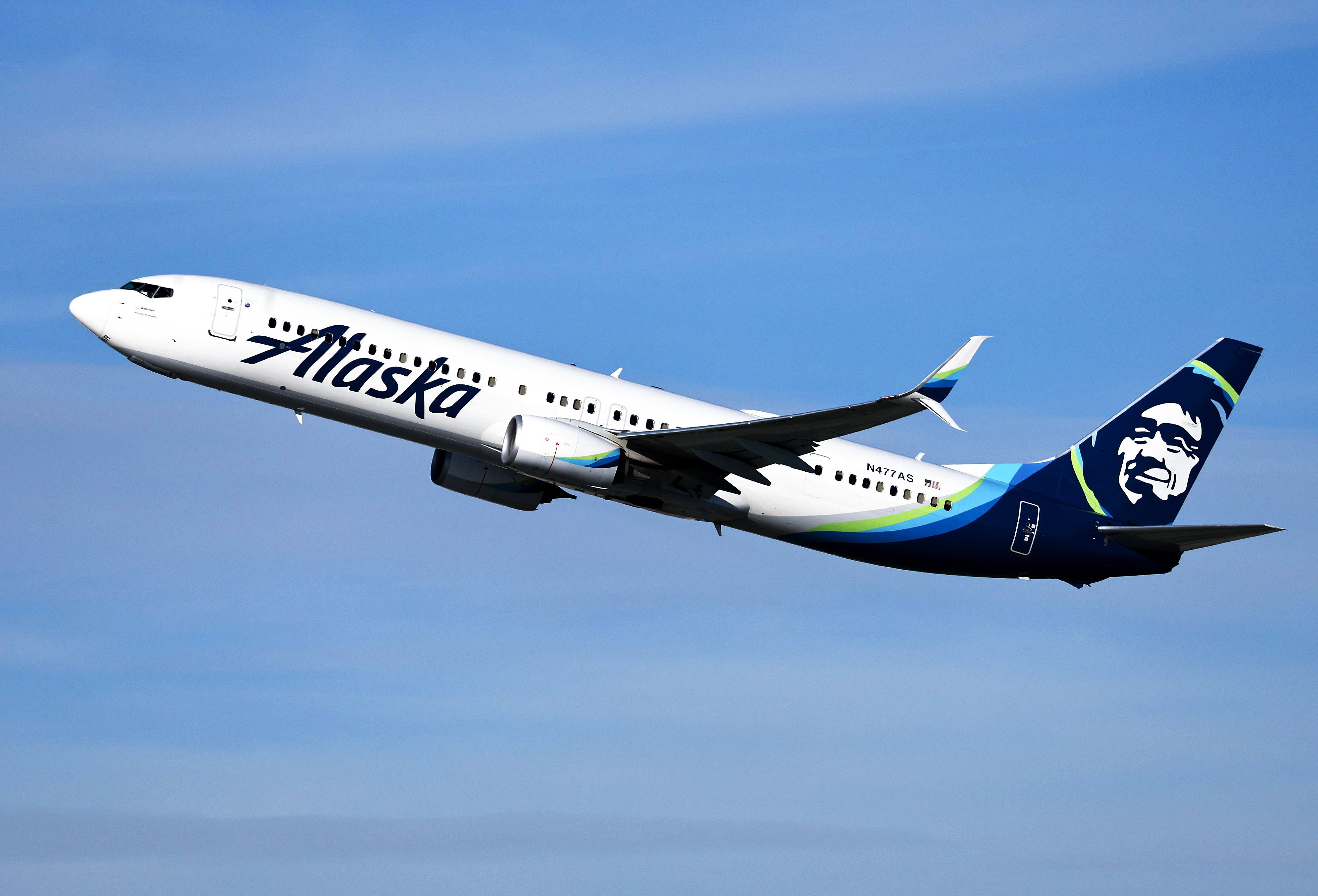Two people survived and 179 were confirmed to have been killed in a plane crash at a South Korean airport Sunday. There were 181 passengers and crew on board.
The Jeju Air Flight 2216 skidded off the runway while landing at Muan International Airport in South Korea, bursting into flames after crashing, a spokesperson for the country’s National Fire Agency said.
The airport is about 180 miles south of Seoul.
The Boeing 787-800 plane took off from Bangkok, Thailand, shortly after 2 a.m. local time (2 p.m. Saturday ET), according to the flight-tracking platform FlightAware. It was carrying 175 passengers and six crew members, said Joo Jong-wan, director of the Aviation Policy Division at South Korea’s Ministry of Land, Infrastructure and Transport.
Get top local stories in Southern California delivered to you every morning. Sign up for NBC LA's News Headlines newsletter.
At least two of the passengers were Thai, Joo said. Most of the rest are believed to be Korean.
“The pilot declared mayday after issuing the bird strike alert,” Joo said, adding that the aircraft was “completely destroyed” in the crash.
The plane skidded along the runway and exploded as it rammed into a barrier, a video verified by NBC News showed. The tail of the plane was the only part that appeared to remain intact as flames engulfed the aircraft, sending a plume of black smoke into the air.
Joo provided an outline of the sequence of events leading to the disaster.
The plane initially attempted to land on the airport’s Runway 1. But the pilots were then instructed by the control tower to land on the opposite side, Runway 19, due to a bird strike warning, Joo said.
A minute later, the pilots sent a mayday signal following a bird strike and attempted to land on Runway 19.
While passing over the runway, the plane failed to lower the landing gear and struck a safety system called a localizer — which provides guidance during landing — and crashed into a wall, Joo said.
The crash happened at around 9:03 a.m. local time (7:03 p.m. ET Saturday), and firefighters put out the initial blaze at 9:46 a.m. local time, the fire agency spokesperson said.
The country’s national fire agency later confirmed the deaths of 179 people, making it the deadliest airline disaster of the year and the first fatal accident in the history for the low-cost airline, which was founded in 2005.
— The Boeing Company (@Boeing) December 29, 2024
Among those killed, at least 84 were women and 82 were men. The genders of 11 other victims were not immediately identifiable.
Two crew members — a man and woman — were rescued and suffered moderate injuries but were conscious, Joo said. Officials originally said the rescued pair were a passenger and a crew member.
The plane was “completely destroyed by fire,” Joo said at a briefing, adding investigators have retrieved both the flight data recorder and cockpit voice recorder, which will be key to providing insights into the last moments of the fatal landing.
The full investigation, he said, could take between six months and three years.
The plane manufacturer, Boeing, extended its condolences to the families of the victims and said it was in contact with the airline. In a statement, Jeju Air extended its apologies to “everyone affected” by the incident.
“Above all, we offer our heartfelt condolences and apologies to the passengers who tragically lost their lives in the accident and to their bereaved families,” Jeju Air CEO Kim E-bae said, assuming “full responsibility for this tragedy” and adding that the airline would provide support for the passengers’ families.
South Korea’s acting president, Choi Sang-mok, called for immediate and full mobilization efforts “to put out the fire and rescue people,” the Ministry of the Interior and Safety said in a statement.
The presidential office said in a text briefing that an emergency meeting was being held over the crash.
In a statement, the country’s national defense ministry said it convened an emergency response team and deployed military personnel and equipment to the site to provide support.
Choi later arrived at the site and declared it a “special disaster zone” while expressing condolences to victims and their families and saying his government would “thoroughly investigate” what caused the crash.
Joo said more than 1,500 personnel from multiple agencies were conducting search and recovery efforts. The deceased were temporarily being kept at a makeshift mortuary set up at the airport, Joo said.
Stella Kim reported from Seoul, South Korea, and Mithil Aggarwal reported from Hong Kong.
This story first appeared on NBCNews.com. More from NBC News:



